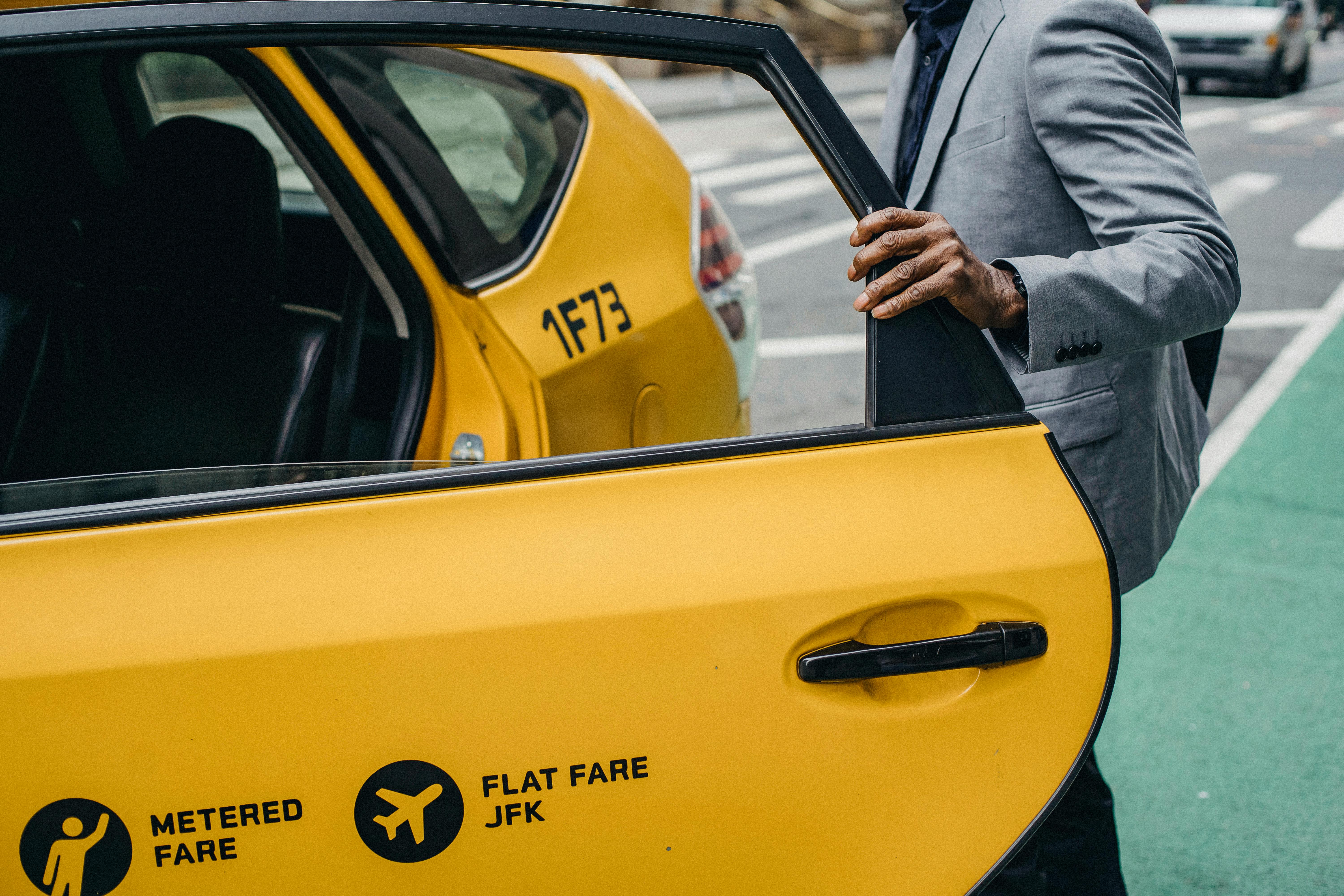The future of social networks
“Here was a merry world, my teachers!” (Thomas Middleton)
The state of social networks is no longer what it was. Freedom of expression has been threatened in its last bastion. Social networks have changed the way we access news information. This is one of the reasons why social networks have been adopted by increasing percentages of the public in recent years. This is good for our society, since the free flow of information and ideas is one of the keys to democracy. Access to a wide range of information allows citizens to fully participate in public life. Without access to information, people cannot understand the role of government and the decisions that are made on their behalf.
The Internet made it easy to exchange opinions about everything. This led to much attention being paid to how political bias and journalist behavior affect our public life. News and information are no longer mediated by news publishers and television producers. As a result, traditional news platforms were totally blown away by smartphone-wielding social media users.
So it’s no surprise that big news companies and politicians are concerned and want the government to regulate social media. They want to submit social networks to political control. The reason for this is that they know that today’s public will not cooperate as they were.
In fact, starting in the early 1990s, the Internet emerged as a real possibility for free access to information. But it was a “short summer.” In the mid-1990s, those of us who believed in the “utopian promises” of the internet understood that virtual environments were increasingly becoming a threat to corporations and governments.
Almost inevitably there was a massification of the Net and the opinions of the public newsgroups began to leak. Because? Both misinformed individuals and arrogant companies have started sending spam messages and advertisements to public forums. Communication has become a private matter. The effect of this, as many experts have pointed out, was a lack of trust in the public sphere of cyberspace.
We can bring this closer to home. Social media started in the early 2000s and has changed the world. Rapid changes like these always raise fears in those seeking to protect the status quo. Social media platforms have become titans controlling essential avenues for public discourse. Inevitably, they began to “fact check” opinions. On average, millions of messages are published every day. Do you think they can go through each of these posts to double check and determine which ones are accurate (don’t laugh)? That is surely an impossible task. They should be promoting open forums for discussion, but it seems they are using their power to censor views they don’t like. They are not neutral. Recent academic studies show that the online space is divided into left-wing and right-wing groups.
It is a sad fact of our culture that is repeated over and over again. Think of the old phrase: “When will they learn?” Democracy is an ideal that must be pursued day after day. Social media today is biased against conservative politics and Christian values. I do not support the new government efforts to regulate social media. But I also don’t support these giants to “fact check” opinions as they please. Without a doubt, social networks can be abused. But we have constitutional law to restrict abuse.



Recent Comments